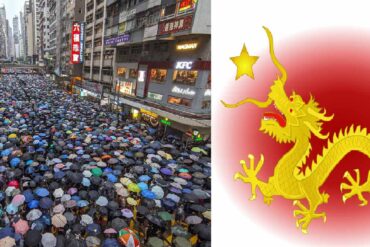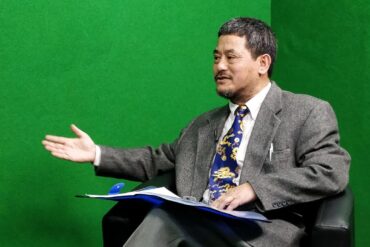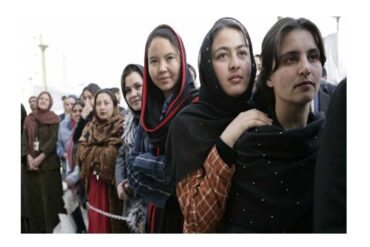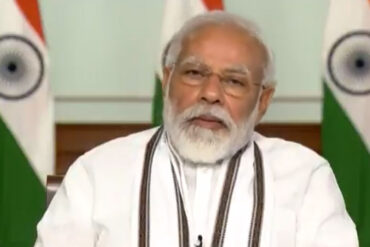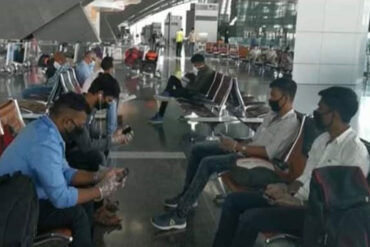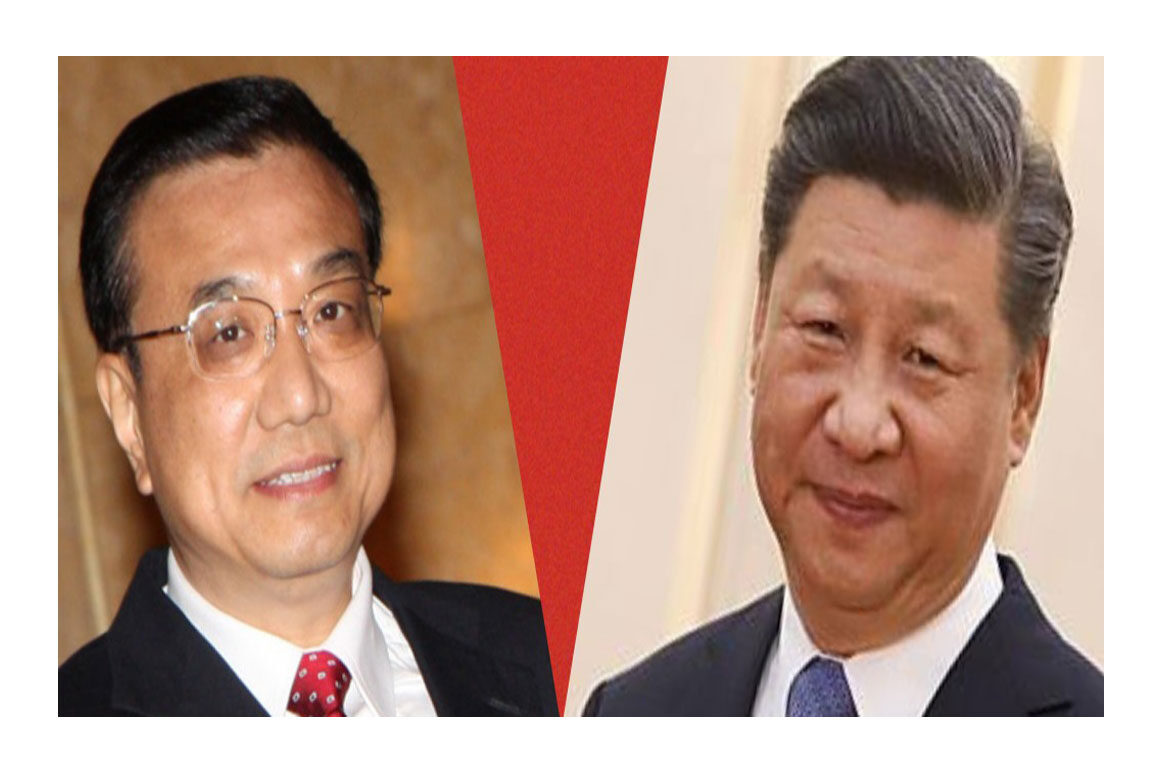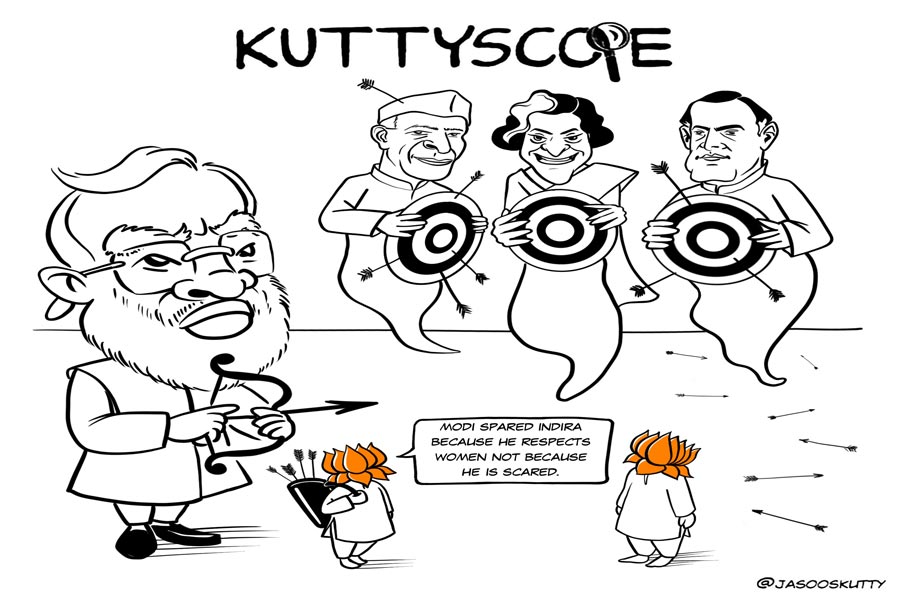Growing political differences between China’s President Xi Jinping and the 64-year-old Premier Li Keqiang lie at the heart of Beijing’s aggression at the Line of Actual Control (LAC), reckons Guo Baosheng, a Chinese political dissident and commentator who has been living in exile in the United States.
“Premier Li is an economist by training and his focus is more on economic development and poverty alleviation. President Xi, on the other hand, wants the Chinese people to believe that China is militarily and economically on par with the United States,” observes Baosheng, speaking exclusively to The Kochi Post. The dissident had served a four-year jail term in China’s southern Shenzen City for his labour activism in the late 1990s before escaping to the US.
Baosheng highlights the speech delivered by Premier Li at the 13th National People’s Congress (NPC) in the third week of May, where he had stressed on the need to ramp up efforts to alleviate poverty. Premier Li had said that the “elimination of poverty among all rural residents living below the current poverty line and in all poor counties” should be a priority for the government this year, as per an English translation of his address available on the Chinese Global Television Network (CGTN).
“President Xi harps on China’s growing military muscle, which is a recurring theme in his addresses,” says Baosheng. The US-based political commentator says that Premier Li has been regularly highlighting how nearly 600 million Chinese people, many of them living in rural areas, were still living in “not so favourable” economic conditions. “President Xi doesn’t like that,” he opines.
“President Xi wants to consolidate power in the eyes of the Chinese people and his political rivals. Not everyone is happy the way he scrapped the term limits for Presidency at the National People’s Congress session in 2018,” the former labour activist adds.
Since he came to power, President Xi has been viewed as increasing his grip on power. In 2018, he became the second leader after Mao Zedong to have his name and ideology enshrined in the Chinese constitution. Xi has also introduced major reforms after taking over as the head of Communist Party’s top defence body Central Military Commission (CMC), which he now directly overlooks.
Baosheng shares his thoughts barely two days after Chinese troops, who intruded into eastern Ladakh’s Galwan Valley, attacked Indian soldiers during a ‘disengagement process’, initiated earlier this month after the People’s Liberation Army (PLA) crossed into the Indian territory in April. At least 20 Indian troops were killed in the violent clash in Galwan Valley on Monday evening, with the Chinese side also suffering casualties.
The incident marks the most fatal encounter between two the Asian giants since 1967, when they were involved in a skirmish at the Sikkim border.
Similarities with the 1962 Sino-India border War
Baosheng says that “a short border war with India, like one ordered by former President Mao Zedong, could be one possible option running on President Xi’s mind, which he thinks would help him consolidate his standing.”
President Mao was facing a great deal of domestic resistance due to the failure of the Great Leap Forward and a famine that left millions of Chinese people famished for days in 1962, he notes. Baosheng recounts that simmering tensions between the then Cold War rivals the US and the erstwhile Union of Soviet Socialist Republics (USSR) presented Mao with a ripe occasion to target India.
“The Chinese economy has suffered a great deal due to the pandemic. On top of that, the US has become more assertive on its stand on Taiwan. The new bill, Taiwan Defence Act, recently introduced in the US Senate, proposes US protection for Taiwan in case of an aggression from the mainland. This challenges the One China Principle and has the potential to make Xi look weak,” he explains, reasoning that opening a front with India, which has also suffered an economic blow, could serve as means of distraction for Xi domestically.
The Chinese activist says that the upcoming talks between US Secretary of State Mike Pompeo and Yang Jiechi, the Director of Central Foreign Affairs Commission, scheduled to take place in Hawaii this week, will definitely feature the situation at the China-India border.
“I would suggest that India ask for a US aircraft carrier to be sailed into the Indian Ocean to send China a message,” advises Baosheng.

